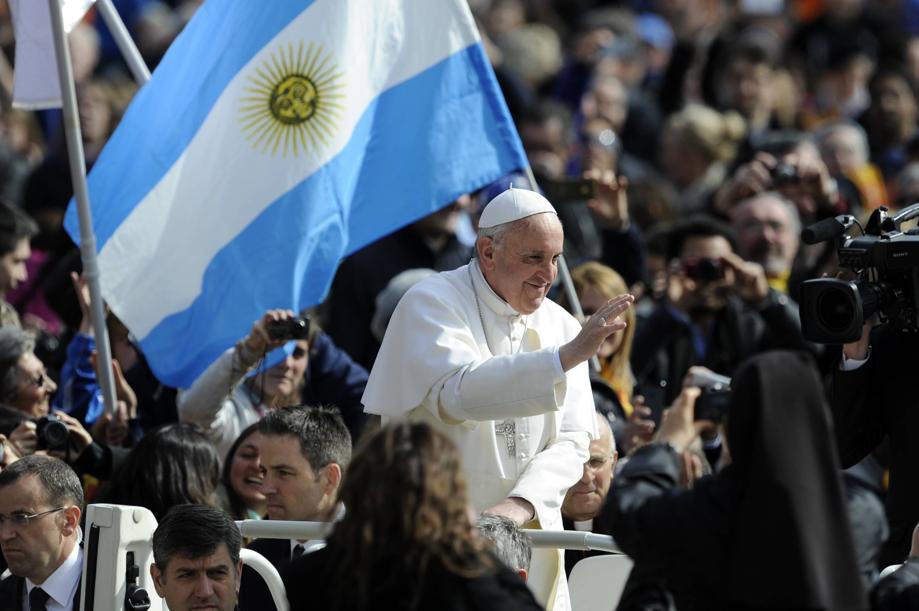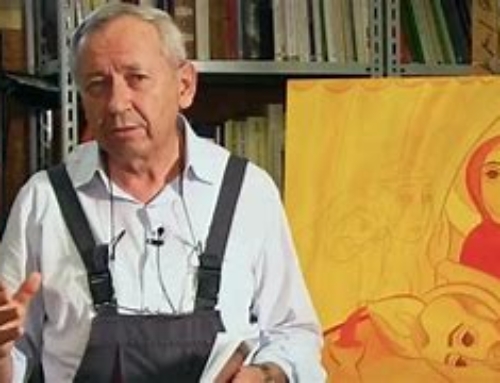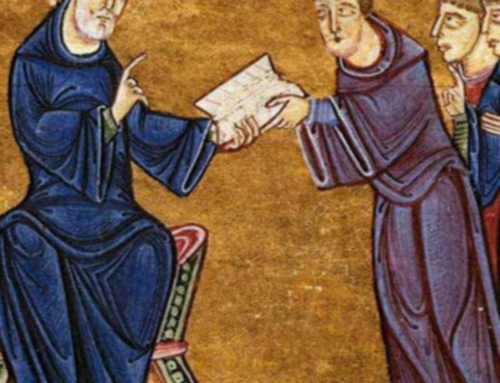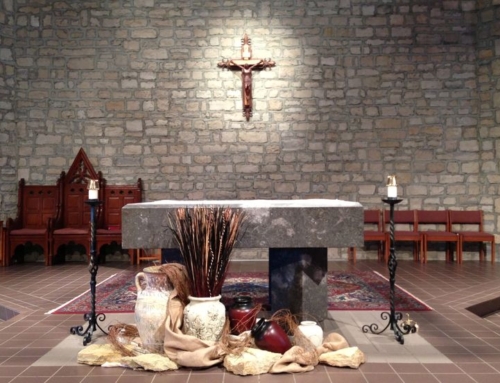I’ve been asked to comment on the guidelines of the Argentinian bishops on chapter eight of Pope Francis’ encyclical Amoris Letitia.
If you’re concerned about this issue, you really should read the documents first. You can find the Argentinian bishops’ guidelines and the pope’s letter to them here at CRUX.
If you read only the blaring headlines you might conclude that the Pope has changed Catholic teaching by stealth.
In fact the whole question of the status of the bishops’ document and the pope’s response is a pretty complicated matter. One blogger who knows about canon law discusses the status of the bishops’ guidelines and the pope’s response here. I don’t actually think this clarifies things as much as some might like and unfortunately, other bishops and pastors will continue to take contrary views.
The fact of the matter is, marriage is messy. I have commented on this further at this post.
I’m afraid it is simply too easy to say, “Shock Horror! Pope Francis Allows Adulterers to Receive Communion” just as it is too easy to say “Its OK. Divorce and Remarried People Can All Come to Communion Now”
Every pastor or marriage counsellor will tell you that the pastoral situations are often extremely complex and a “one size fits all” approach simply doesn’t work. The fact of the matter is, the family and marriage are like a shipwreck and we have to struggle to find some of the wreckage and build a raft.
My opinion is that I am on Pope Francis’ side when it comes to his call to accompany people, listen to their story, welcome them to the church and meet them where they are and walk with them to where they should be. I also believe that they should have access to the sacraments.
A person who is divorced and re-married should be welcomed to confession, encouraged to live in continence and to attend Mass. They should make a spiritual communion and work with their pastor to have the validity of their previous marriage examined. When a decree of nullity is granted their present union should be validated and begin receiving communion.
This process can sometimes entail a long and difficult process. It can be messy and ambiguous and confusing.
Do I wish the pope had unambiguously affirmed the historic teaching of Christ in his gospel on this issue? I do.
My own view on the ambiguity is that sure there are grey areas in pastoral practice, but you only have grey because there is such a thing as black and white and we need the clarity of black and white statements to muddle our way through the grey areas.
But in the end is some of it ambiguous and confusing? Yep. Do we always get it right the first time? Nope. Will we muddle through? Sure.
Welcome to the Catholic Church.







Leave A Comment
You must be logged in to post a comment.